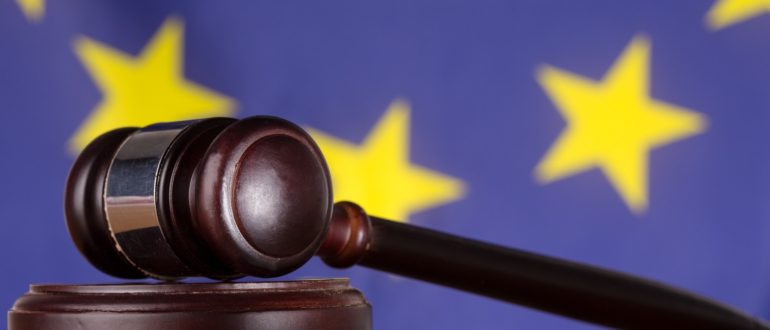
The Hungarian Perspective about the European Public Prosecutor’s Office
The European Public Prosecutor’s Office (EPPO) will start its work in November 2020, and will comprise 22 Member States of the European Union. The 5 Member States who refused the enhanced cooperation in the field of fighting against fraud and corruption in the EU can be separated into two groups. One of them is Ireland and Denmark (and was the United Kingdom), who referred to their right to “opt-out”. The other group, comprising Hungary, Poland and Sweden, hasn’t joined to the EPPO, invoking Home Affairs issues.
The EPPO is a new European Institution, which will make observations about fraud and corruption in Member States like the OLAF did before. However, it will have greater power, because as its name says, the institution will have the authority to prosecute.
This new institution changes the sharing of power between the European institutions. While the OLAF made observations for the European Commission, the EPPO works independently from the Commission, whose role is weakened. On the other hand, the European Parliament’s role – which is the only institution whose representatives are elected directly by the European citizens – is growing (e.g.: co-decision with the Council of the EU)
What is the perspective of the Hungarian government and the opposition on this subject?
According to the Hungarian Government, the most important issue is that this institution could provoke a crisis of national sovereignty. The Government sees the Hungarian Prosecutor’s Office’s work as sufficient to deal with the Hungarian cases. The Hungarian Minister of Justice, Judit Varga stated in 2019 that joining the EPPO would be unconstitutional.
The Hungarian opposition parties have a different point of view on this subject. The European Parliament’s MP, Anna Donáth (Renew Europe) has recently said on Hungarian television, that if Brussels gave resources to Member States, it should also have the possibility to control and review the usage of the latter by the governments. That is why her political group, Renew Europe, proposes that resource donors (e.g.: Cohesion Fund) should have a say in the EPPO.
Anna Donáth’s narrative fits into the European perspective: every European citizen has the right to know how their tax-money has been spent in the different member states. If the European Union can guarantee transparency, and if the EPPO can show results from its work in the foreseeable future, citizens will trust European Institutions more, and will therefore trust the EPPO.
Undoubtfully, this issue will remain a theme of political debate between the Hungarian government and the opposition parties in the future. It has made the cleavage between the different European perspectives more apparent than ever, between the ones who support the national sovereignty and refuse any closer union, and the others who believe in the power of an “ever closer union”.
Disclaimer: The views and opinions expressed in this article are those of the author and do not necessarily reflect the opinion of CISS or its members.

Lívia Pavelka
Lívia Pavelka is a Master's student in International Relations, specializing on the European Union and International Development at the Eötvös Lorand University in Budapest, Hungary.
